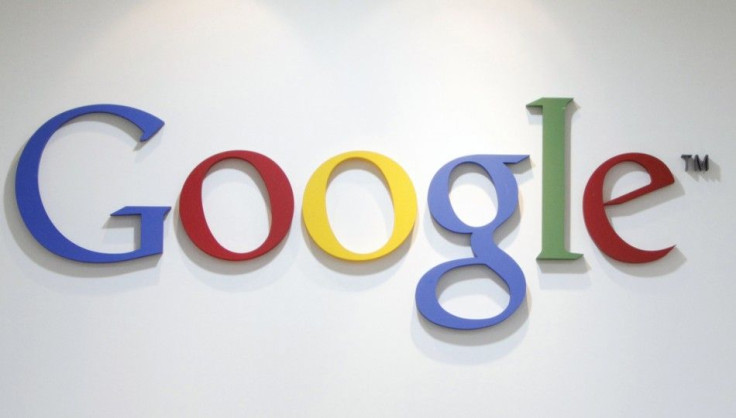Your Brain and Memory are Adapting to Google, Study Says

It has become a part of everyday vernacular to say, Oh, just Google it, in order to find information not readily known. Because Google has seemingly become a part of everyday life, a new study indicates that it is altering our brains.
Or, to put it more precisely, Google -- and therefore, the Internet - is changing the way our brains choose to remember.
In an amnesia dubbed The Google Effect, by a team led by psychologist Betsy Sparrow of Columbia University, it is said that we are less likely to remember information, when we know where to find it instead.
The finding, published in the Friday issue of the journal, Science, doesn't specifically prove that Google (and other search engines) are dumbing down society, as some have claimed. Rather, Sparrow says, we are still fully capable of remembering things that matter, even those things that are not easily found online.
We're not thoughtless empty-headed people who don't have memories anymore, she said. But we are becoming particularly adept at remembering where to go to find things. And that's kind of amazing.
The use of search engines, the study asserts, suggests that human memory is reorganizing where it goes for information, adapting to new computing technologies rather than relying solely on rote memory. We're outsourcing search from our brains to our computers, the San Jose Mercury News reported.
A series of four different experiments were carried out by Sparrow and her colleagues, Daniel M. Wegner of Harvard and Jenny Liu of the University of Wisconsin, Madison.
In the first memory experiment, participants typed 40 bits of trivia into a computer. Half of the subjects believed the information would be saved in the computer; the other half believed the items they typed would be erased.
The subjects of the latter half were more likely to remember information they thought they would not be able to find later.
Participants did not make the effort to remember when they thought they could later look up the trivia statement they had read, the authors wrote.
A second experiment sought to determine whether computer accessibility affected exactly what we remember.
If asked the question whether there are any countries with only one color in their flag, for example, the researchers wrote, do we think about flags - or immediately think to go online to found out?
As further experiment the participants were asked not only to remember the trivia statement itself, but which of five computer folders it was saved in.
The answer surprised the researchers: People were better able to recall the folder.
That kind of blew my mind, Sparrow said in an interview.
Experts call this transactive memory. Essentially, remembering where you can get the information and not the information itself.
Our brains rely on the Internet for memory in much the same way they rely on the memory of a friend, family member, or co-worker, Sparrow said. We remember less through knowing information itself than by knowing where the information can be found.
I love watching baseball, Sparrow said in example of transactive memory. But I know my husband knows baseball facts, so when I want to know something I ask him, and I don't bother to remember it.
The Internet's effects on memory are still unexplored territory, Sparrow said, but added that her experiments have led her to this conclusion: Internet has become our primary external storage system.
Human memory, she said, is adapting to new communications technology.
© Copyright IBTimes 2024. All rights reserved.




















